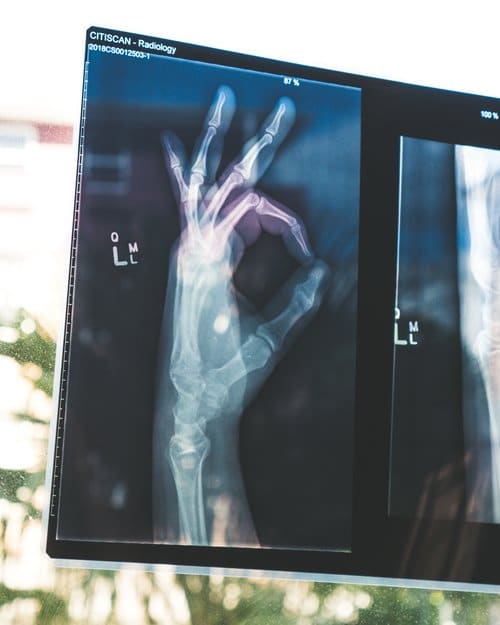By David Saunders, Health Editor | UPDATED: 11:42, 12 November 2019
With growing concerns about mental health, and how we care for ourselves, it’s important to address stress – it’s something we all struggle with during certain periods of our lives, and it can not only become overwhelming, but act as a contributor to other serious physical conditions, such as osteoporosis.
In recent years, stress has been considered a primary catalyst for mental health issues, and while the mechanisms underlying the physiological impact of stress on osteoporosis are not well-understood, several studies have shown that stress hormone signalling via the brain- immune connection is a significant contributor to the disease.

Osteoporosis, as the most common form of metabolic bone disease, is also known as the ‘silent disease’. In most cases, osteoporosis gradually develops and rarely has any symptoms until the bones are brittle and start to break more easily – typically a diagnosis of osteoporosis is not established until multiple breaks have occurred. The fact is that as many as 3 million people in the UK suffer from osteoporosis, and with an ageing population, and instances of osteoporosis set to rise, chances to slow down or prevent the disease ought to be considered across all generations.
A recent study* shows that chronic stress has been associated with increased systemic inflammation. In addition, the inflammatory factors have been shown to have a detrimental effect on osteoporosis through the promotion of osteoclasts, or the elements that break down the bone matter, and an increase in the cell death of osteoblast populations, the elements responsible for rebuilding healthy bone matter. The result being, factors that contribute to the breakdown of bones are increased by chronic stress, whilst bone rebuilding is decreased, and this contribution can advance symptoms of osteoporosis.
It is also worth considering the impact that osteoporosis carries psychologically, particularly if a fracture has been experienced. There are likely to be long-lasting effects on overall quality of life; physical, social, financial and psychological well-being all being potential casualties. It’s possible that osteoporosis can lead to feelings of anxiety, driven by a fear of falling, or even depression, as a result of reduced self-esteem and feelings of helplessness and loss of independence.
Preventative treatment is crucial when it comes to maintaining bone health throughout life. Exercise, a healthy diet, and getting enough vitamin D are always recommended as well as limited alcohol consumption, no smoking and reducing unnecessary stress. In addition, it is recommended that we maintain healthy levels of calcium, through our diets – but also through effective supplements, such as LithoLexal® OSTEOPOROTIC Bone Health.
Until recently, the majority of calcium supplements available were all rock-based, containing inorganic matter that is hard for the body to absorb. LithoLexal® contains a natural, marine plant-based extract that contains a highly bio-available source of calcium and magnesium, and a unique bioactivity not exhibited in comparative products – making LithoLexal® uniquely positioned to demonstrate its excellence and clinical efficacy in users by improving the health of the bones.
